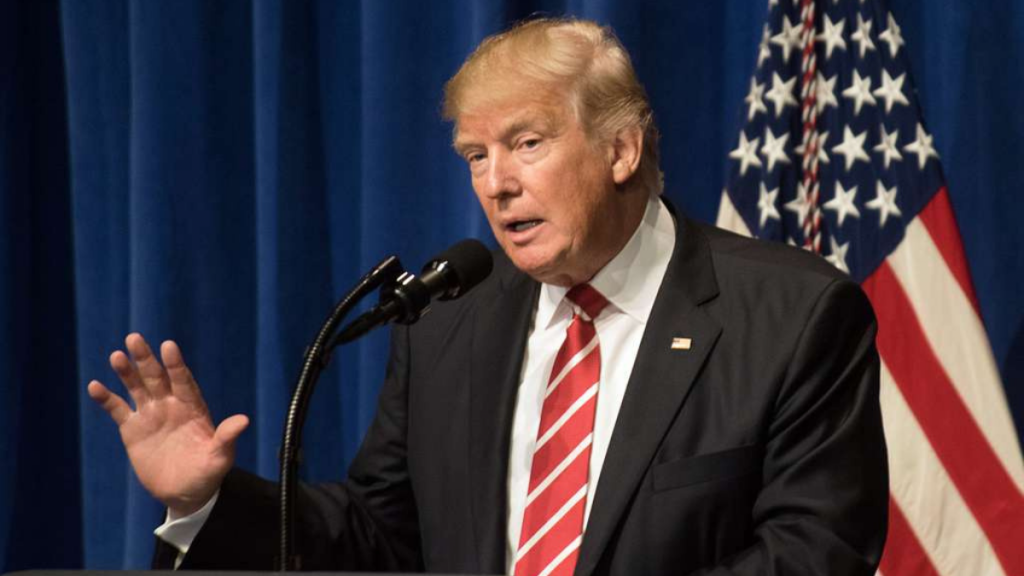In a firm display of leadership, President Trump declared a decisive federal intervention aimed at restoring safety to the nation’s capital. He invoked the Home Rule Act and deployed the National Guard to assist law enforcement in a city he characterized as enmeshed in criminal influence—stating this move marks the start of “liberation day” for Washington, D.C.
The president criticized local policies—especially no-cash bail—and blamed them for encouraging criminal behavior, calling on punishing enforcement and structural reform. Despite statistical declines in violent crime—including a 26% drop so far this year and a 30-year low last year—Trump asserted that statistics don’t reflect the lived reality of law-abiding citizens. He posited that the federal surge aims to get ahead of rising youth crime and homelessness—issues he believed local officials had inadequately addressed.
President Trump’s plan entrusted leadership of the D.C. Metropolitan Police Department to Attorney General Pam Bondi, with interim commissioner duties given to DEA Administrator Terry Cole. The federal takeover, he insisted, was not just tactical—it was a necessary leadership reboot for a city that had lost control. Framing the crackdown as more than just a response to crime, Trump signaled a broader push for order—from clearing encampments to reforming juvenile justice. Though critics view the move as heavy-handed, it restores constitutional leadership, reinforcing that the federal government must act when local authorities fail to protect citizens.
